The Systems Entrepreneur: What’s in a name?
This blog originally appeared on the Kumu Medium channel.
‘Systems leader’, ‘systemsprenuer’, or ‘systems entrepreneur’. Pick your favorite. Regardless of which one you go for, the concept is emerging with SSIR, HBR and MIT all using it, along with a cluster of philanthropic foundations and consultancies.
But what defines a systems entrepreneur?
Their intention is systemic change
Systems theory tells us that we don’t actually ‘change systems’, instead we cultivate the conditions that encourage a system to change itself.Nevertheless, the defining characteristic of a systems entrepreneur is their understanding that things don’t change if we work only on the symptoms of major problems. We have to understand the underlying forces that keep things as they are.
So, rather than take ‘ugly’ fruit that might otherwise be thrown away and turn it into healthy snacks, a systems entrepreneur would ask ‘why is fruit being wasted in the first place?’
They might convene the food industry giants, the policy changers, the social entrepreneurs and ask them to share their experience of the problem. Map the current dynamics together to help the system see itself better. They might use this intelligence to come up with a plan. Find resources to build connections across the system, create documentaries that highlight the current problems of the food system, build accelerators for the most promising alternatives, they could lobby for policy change that will make it easier for these alternatives to emerge. Systems entrepreneurs hold their plans lightly. They take their steer from the community itself, rather than from desk research. They iterate, learn, and change direction as the movement advances and they understand that all of this work takes time.
“Knowing that there are no easy answers to truly complex problems, system leaders cultivate the conditions wherein collective wisdom emerges over time through a ripening process that gradually brings about new ways of thinking, acting, and being.” — Peter Senge.
Their key skill is facilitation
Systems entrepreneurs are often natural ecosystem builders. It’s almost a personality type. They connect unlikely allies, build networks, they help people find others who want to change the same thing. Kevin Jones called these people “Community Quarterbacks”, Geneva Global describes them as “a person or organization that facilitates a change to an entire ecosystem, by addressing and incorporating all the components and actors required to move the needle on a particular social issue.”
Either way, they build momentum by creating and capturing the energy of key people within a system and get them organized in new constellations to intervene.
They are also often natural diplomats. They can wear many hats, talk to senior and junior, activist and executive. They find language that brings people along together, rather than alienates.
As a result, getting good at facilitation is the key skill of a systems entrepreneur. Facilitation is important because it marks the shift in a mindset from us thinking we can ‘make change happen’ towards one where we create the supportive conditions where the people lead change themselves. As Lucho Osorio-Cortes a markets systems specialist at the BEAM Exchange says “Facilitation, is the creation of appropriate conditions for the market actors to change their system, in ways that make sense to them, at their own rhythms and maximizing their own resources.”
They get off their bum and make stuff happen
They initiate. They create projects and programs and coalitions and incubators that didn’t exist before. They are entrepreneurial in nature, even if money isn’t the value they create.
They also take personal risk, sometimes financial risk too. As disruptors of the status quo, their role is often questioned (‘who are you to convene?’). They have to lead strategy that goes against the wishes of powerful actors, without complete knowledge of where they will end up.
So what?
Systemic problems require systemic approaches, but instead we still rely on traditional approaches to social and environmental change, funding ideas that work on symptoms not causes.
There is a growing movement of systems entrepreneurs who have been experimenting with systems change theory and are learning what works and what doesn’t in practice, but their work is often invisible and undervalued. One step away from the impact, it can be hard to fund and as a result the field doesn’t have the coherence nor the visibility to have the impact society needs.
To help them succeed, two things badly need to happen:
- We need to bring together the systems entrepreneurs. To connect, learn and find peer support.
- We need to get better at funding them. This is starting to happen. Indy Johar is working on sparking a movement around ‘systems venturing’. Bobby Fishkin and colleagues in San Francisco are convening a growing group around impact investing for systems change and several groups of philanthropic funders have met to start to work this out including a retreat hosted by SiX last year in Canada.
We plan to get organized around solving these problems in 2018. If you are interested in helping to make this happen, please do get in touch rachel@thesystemstudio.com.
